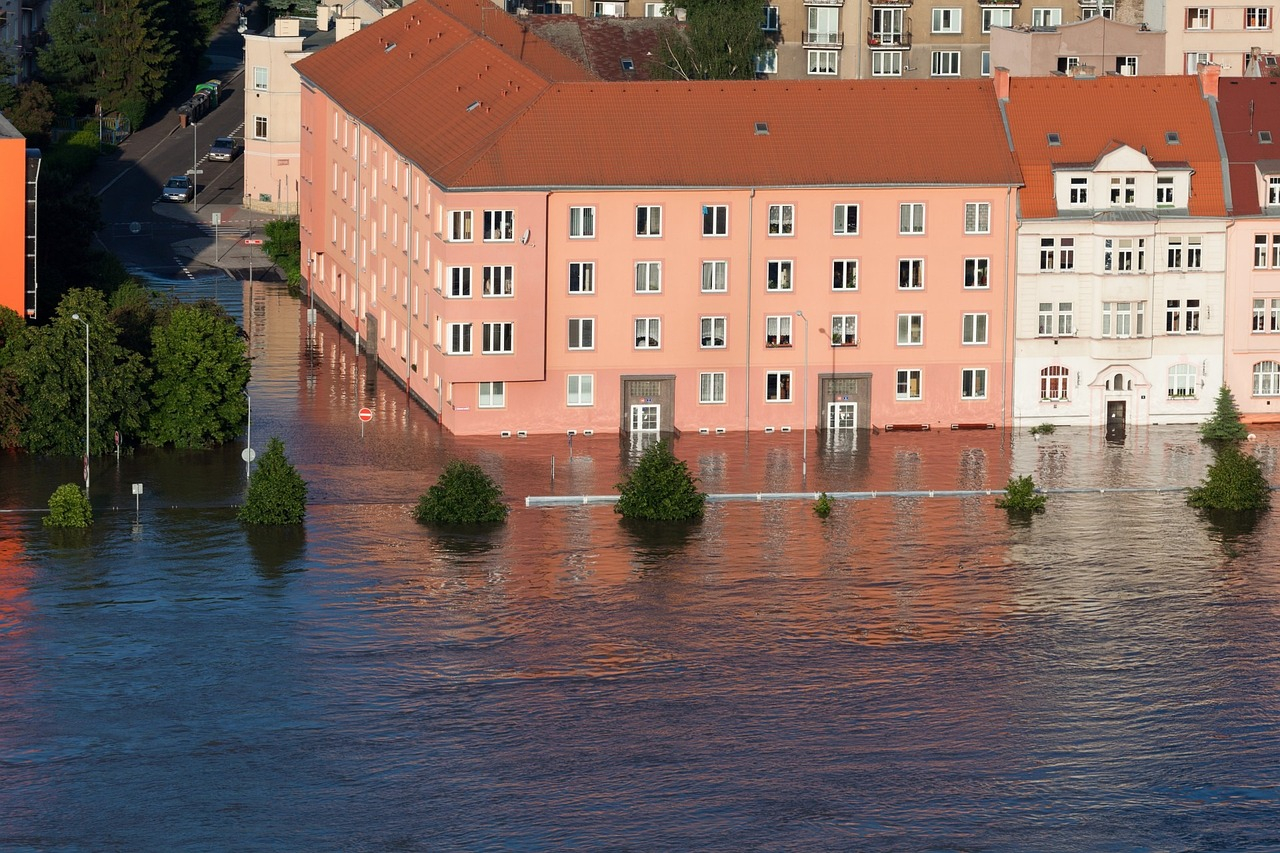The 2013 flood - a wake-up call
In 2013, Toronto was caught off guard by the sheer volume of rain. Within 90 minutes, 126 millimetres of rain inundated the city, leading to significant disruptions. Drivers abandoned their cars on flooded roads, and public transit systems came to a halt. The impact was not just immediate but also sparked a discussion about the city's preparedness for such events. David Kellershohn, the associate director of engineering services at the Toronto and Region Conservation Authority, emphasized the need for better infrastructure and emergency management to handle future storms.
Déjà vu - the 2024 flood
The recent flood in Toronto followed a similar pattern to the 2013 event. Starting around 9 a.m., the rain initially eased before a more intense storm system moved in less than an hour later, lasting until the afternoon. The aftermath was eerily similar: power outages, flooded streets and transit systems, and stranded vehicles. Social media was flooded with images and videos of submerged areas, reminiscent of the chaos from 2013.
The role of climate change
Kathryn Bakos, managing director of finance and resilience at the University of Waterloo's Intact Centre on Climate Adaptation, highlighted the link between climate change and the increasing frequency and severity of such storms. As temperatures rise, the atmosphere holds more moisture, leading to more intense precipitation events. "These events are going to continue to increase in frequency and severity," Bakos noted, emphasizing the need for adaptive measures.
Infrastructure challenges
One significant issue is the aging municipal infrastructure, which was not designed to handle the current climatic conditions. Slobodan Simonovic, professor emeritus at Western University's department of civil and environmental engineering, pointed out that Toronto's infrastructure was built for historical weather patterns and is now struggling to cope with modern realities. The influx of people and the removal of natural habitats, replaced by concrete, exacerbates the problem. Natural areas like wetlands and forests, which act as sponges, have been replaced by impermeable surfaces, leading to more runoff and flooding.
Government response and future planning
Toronto's Mayor Olivia Chow acknowledged the challenges posed by climate change and the need for proactive measures. She mentioned the city's efforts to provide incentives for homeowners to prevent flooding and the allocation of $2 billion towards improving Toronto's aging transit system and roads after the province took over the cost of the DVP and the Gardiner Expressway. However, Chow admitted that the city is still $26 billion and over ten years behind in necessary infrastructure work.
Moving forward
While some improvements have been made, as noted by Bakos, there's a consensus that much more needs to be done. The recurring floods in areas like the DVP and Lake Shore Boulevard are frustrating for residents and commuters, underlining the urgent need for comprehensive planning and investment in resilient infrastructure. The lessons from the past floods serve as a stark reminder that Toronto must adapt quickly to the changing climate to mitigate the impact of future storms.
Toronto's experience with severe flooding events in 2013 and 2024 underscores the pressing need for better infrastructure and emergency management to handle the impacts of climate change. While some progress has been made, the city remains vulnerable to extreme weather, and significant investment and proactive measures are required to ensure the safety and resilience of its residents. As climate change continues to influence weather patterns, Toronto must learn from these events and take decisive action to prepare for the future.
source: CBC


 Starting this week, the Canada Border Services Agency (CBSA) has begun sharing selected vehicle export information with trusted partners. This
Starting this week, the Canada Border Services Agency (CBSA) has begun sharing selected vehicle export information with trusted partners. This Visual content is essential for capturing audience attention and conveying your brand message effectively.
Visual content is essential for capturing audience attention and conveying your brand message effectively.
 n the arena of digital advertising and sales, a powerful email series can be the key to nurturing leads, final
n the arena of digital advertising and sales, a powerful email series can be the key to nurturing leads, final

